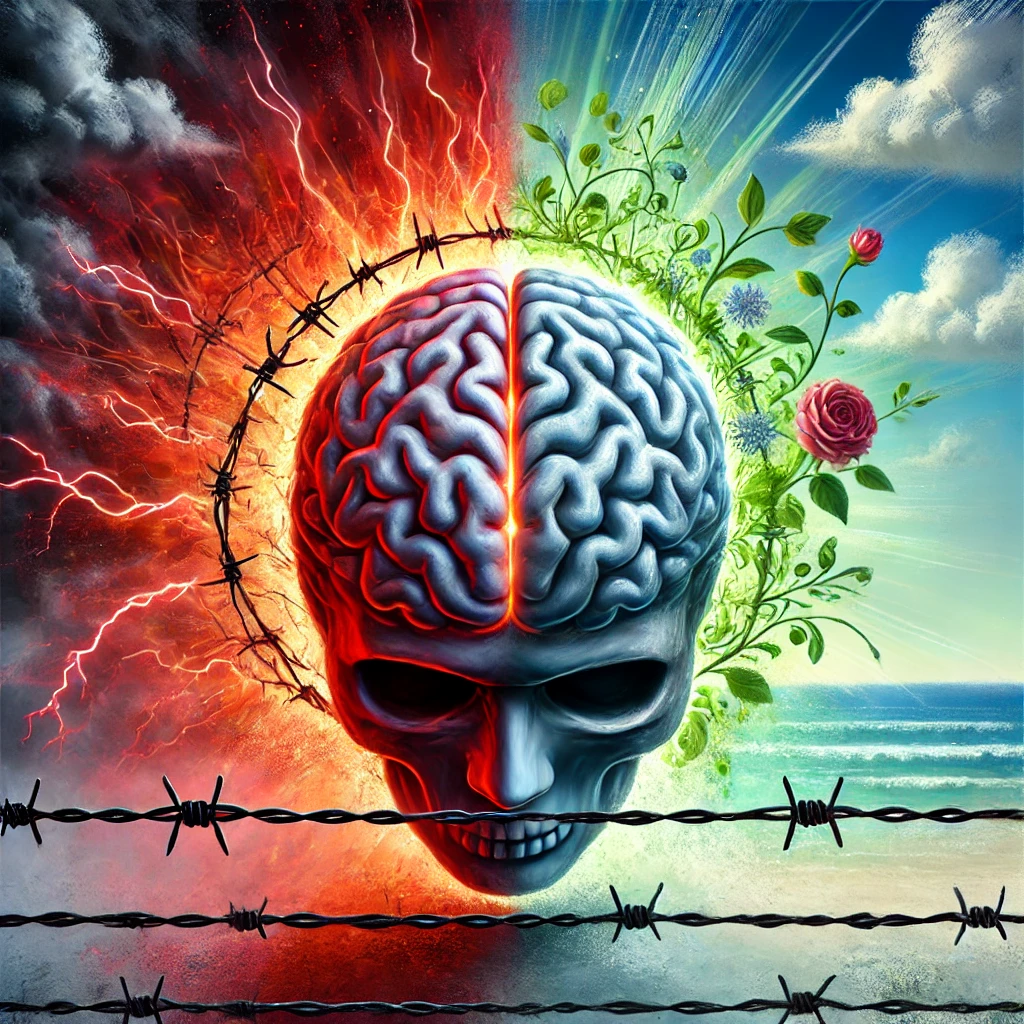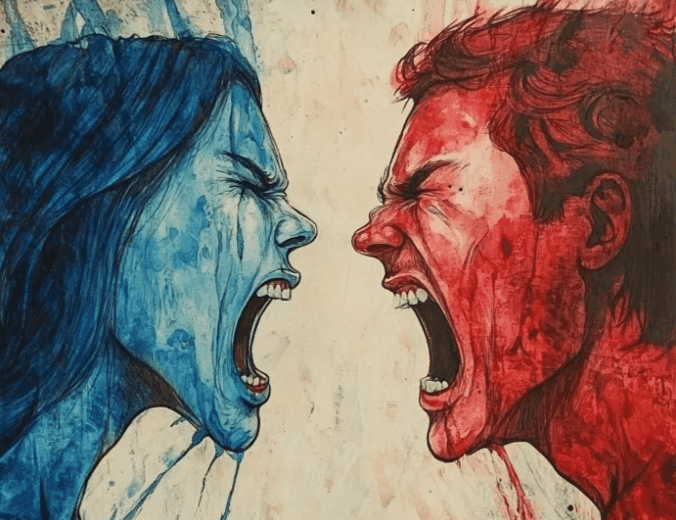
Aggression and violence are often used interchangeably; however, they are not synonymous. Aggression is described as angry or violent thoughts or actions, while violence is defined as the use of physical force with the aim to damage another person or destroy property. A person who is aggressive may or may not engage in violent behavior. Aggression and violent issues, as well as their consequences, can be addressed in therapy with the assistance of a mental health expert.
PSYCHOLOGICAL REASONS FOR AGGRESSION AND VIOLENCE
Although there are many reasons behind violence and aggression in society, the listed ones in this study are;
- Mental health problems
- Structure of family
- Experiences in life
- School and work environment
- Individual traits
Violence has major ramifications for society and psychiatric practice, impacting the quality of life of patients, their families, the community, and mental health professionals both directly and indirectly. In psychiatric treatment, the threat of violence necessitates risk classification and management as part of the overall patient evaluation. The following are some mental health problems that can cause or contribute to aggression: Alzheimer’s disease is a kind of dementia. Attention deficit hyperactivity disorder (ADHD) is a kind of attention deficit hyperactivity disorder (ADHD). It is a condition that affects a wide range of people.
i. VIOLENCE & AGGRESSION DUE TO FAMILY STRUCTURE/FAMIY PROBLEMS
A broken or fragile family structure can cause great damage to the personality of all family members. Children might feel quite uncomfortable in an atmosphere when there is familial violence between parents. Even if they don’t see, hear, or feel it firsthand, children are typically aware that familial violence is occurring.
For children, even knowing that their spouse is abusing them is upsetting and traumatizing. Seeing your injuries or caring for you after you’ve been mistreated are also difficult. If your child is older, they may feel obligated to defend you and their younger siblings as well. These emotions and experiences can have a long-term impact on youngsters. Children could, for example, act irrationally or disobediently, have difficulty controlling their emotions, find it difficult to communicate with or play with other youngsters or appear to be depressed.
They can also isolate their selves from friends and family, have difficulty eating, wet the bed, experience nightmares, or can’t get a good night’s sleep. Besides, they can have trouble going to school or with learning or become a victim of bullying. It can be difficult for them to create or retain friends.
ii. VIOLENCE & AGGRESSION DUE TO BAD LIFE EXPERIENCES
Whether or whether you participate in aggressive conduct may be influenced by your upbringing. People who witness aggressiveness as a child are more inclined to assume that violence and hatred are acceptable in society. Trauma experienced as a youngster might lead to violent conduct as an adult.
Any occurrence in which a person is mistreated, threatened, or attacked at work, endangering his or her safety, health, wellness, or job performance, is referred to as violence at work. Insults, threats, physical, psychological, or sexual aggression perpetrated by persons from inside or outside the organization against a person at work are all examples of violence.
It might also entail cyber-harassment. School violence is a problem that must be addressed and eventually eliminated. It has a negative impact on instructors’ health and the quality of instruction they can deliver to pupils. When establishing a preventive program, multiple levels should be addressed, from the child to the community, in order to provide a complete and dynamic preventative process.
Educators, students, parents, and the community are all involved in education. As a result, the negative consequences are widespread, affecting everyone from the individual to the entire community.

iii. VIOLENCE & AGGRESSION DUE TO INDIVIDUAL TRAITS
Aggressiveness arises when we believe we are being threatened by others, and personality characteristics related to perceived danger predict aggression as well. People who believe they are being rejected by someone they care about are more prone to become aggressive.
Furthermore, persons who have a lot of negative effects, especially those who see others as threatening, are more likely to be violent. When these people encounter conduct that may or may not be hostile in purpose, they tend to interpret it as aggressive, and their hostility is increased as a result of these views.
In addition to the treatment of mental disorders, the identification and management of antisocial personality characteristics, as well as specialized treatments for specific clinical correlates (e.g., specialized treatment of impulsivity), are extremely important in everyday clinical practice, not only for the safety of the wider environment but also for the management and planning of treatment.
IMPORTANT TO NOTE
If you are looking for motivation for your inner world, on the internet, or in the social media world, I would highly recommend you to approach the youth club’s all social media links. It is a team of a few people who talk about the inner world of a human being from all, scientific, social, psychological, and religious, perspectives.




Leave a Reply